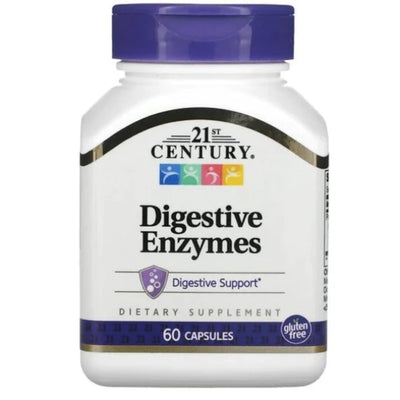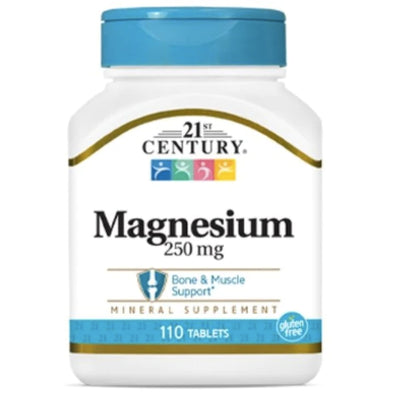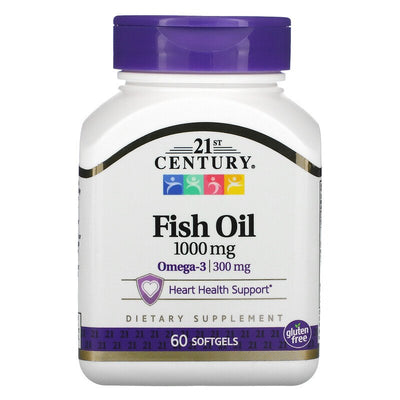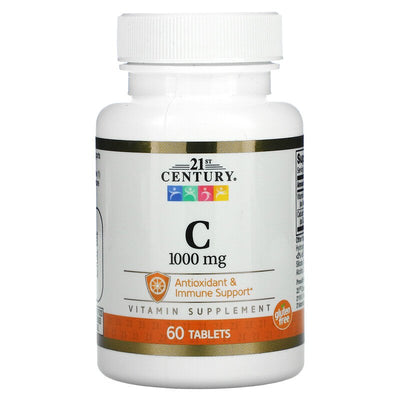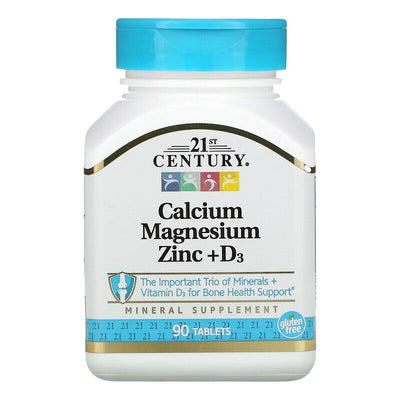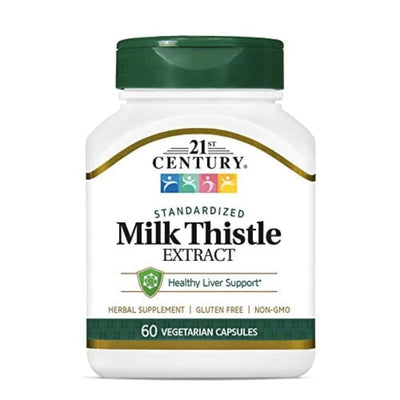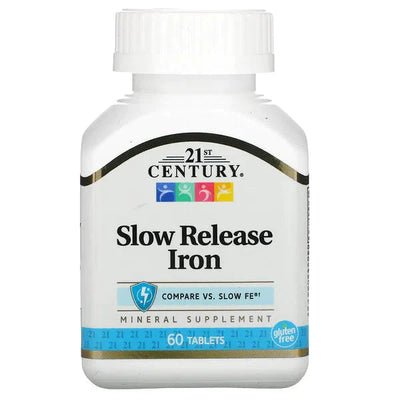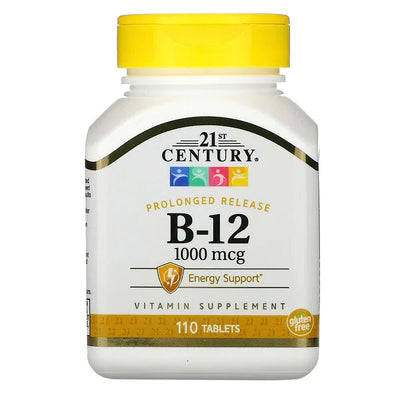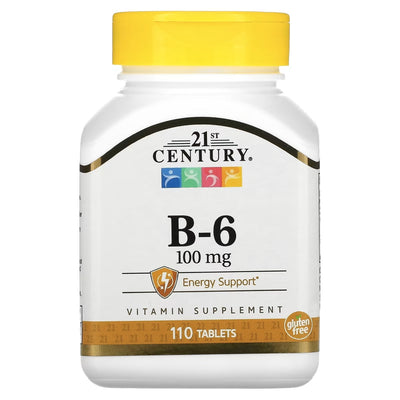
Maximizing Muscle Gain: The Best Supplements for Serious Lifters
The Science of Muscle Synthesis
Muscle synthesis, also known as muscle protein synthesis (MPS), is the process by which your body builds new muscle tissue. It occurs in response to resistance training and is influenced by various factors, including nutrition and supplementation. Here's a brief overview of how it works:
-
Resistance Training: When you engage in strength training exercises, you create micro-tears in your muscle fibers. This stimulates the body to repair and rebuild the damaged muscle tissue, resulting in muscle growth.
-
Nutrition: Proper nutrition is crucial for muscle synthesis. Consuming an adequate amount of protein and other nutrients, such as amino acids, is essential for providing the building blocks required for muscle repair and growth.
-
Supplements: Certain supplements can enhance the muscle synthesis process by providing additional nutrients or altering physiological responses to exercise.
Now, let's explore some of the best supplements that serious lifters can incorporate into their regimen to optimize muscle gain:
Whey protein is one of the most popular and effective supplements for muscle gain. It is a high-quality protein source that is rapidly absorbed by the body, making it ideal for post-workout recovery. Whey protein provides the essential amino acids necessary for muscle protein synthesis, promoting muscle growth and repair.
Creatine is a naturally occurring compound found in small amounts in various foods and also available as a supplement. It works by increasing the body's production of adenosine triphosphate (ATP), the primary energy source for muscle contractions. This results in improved strength and muscle endurance, allowing you to lift heavier weights and perform more repetitions.
BCAAs are a group of essential amino acids, including leucine, isoleucine, and valine. They play a crucial role in muscle protein synthesis, with leucine being particularly important. BCAA supplements can help reduce muscle soreness, improve recovery, and support muscle growth.
Beta-alanine is an amino acid that combines with histidine to form carnosine, which helps buffer the acidity in muscles during high-intensity workouts. By reducing muscle fatigue, beta-alanine can enable you to push through more challenging workouts and stimulate muscle growth.
L-Glutamine is a non-essential amino acid that becomes essential during intense training and recovery periods. It supports the immune system and helps prevent muscle breakdown. Supplementing with L-glutamine can aid in muscle recovery and reduce the risk of overtraining.
Citrulline malate is a compound that increases nitric oxide production in the body, leading to improved blood flow to muscles. This enhanced blood flow can result in better nutrient delivery to muscle tissue and reduced muscle fatigue during workouts.
Conclusion
Maximizing muscle gain requires a holistic approach that combines proper nutrition, consistent resistance training, and smart supplementation. While supplements can enhance your muscle-building efforts, they should complement a balanced diet and a well-structured workout routine. Before adding any supplements to your regimen, it's essential to consult with a healthcare professional or a certified nutritionist to ensure they align with your fitness goals and overall health.
Remember that supplements are just one piece of the puzzle, and they work best when combined with hard work, dedication, and a commitment to a healthy lifestyle. By understanding the science behind muscle synthesis and choosing the right supplements for your needs, serious lifters can take their muscle gains to the next level.
Share







